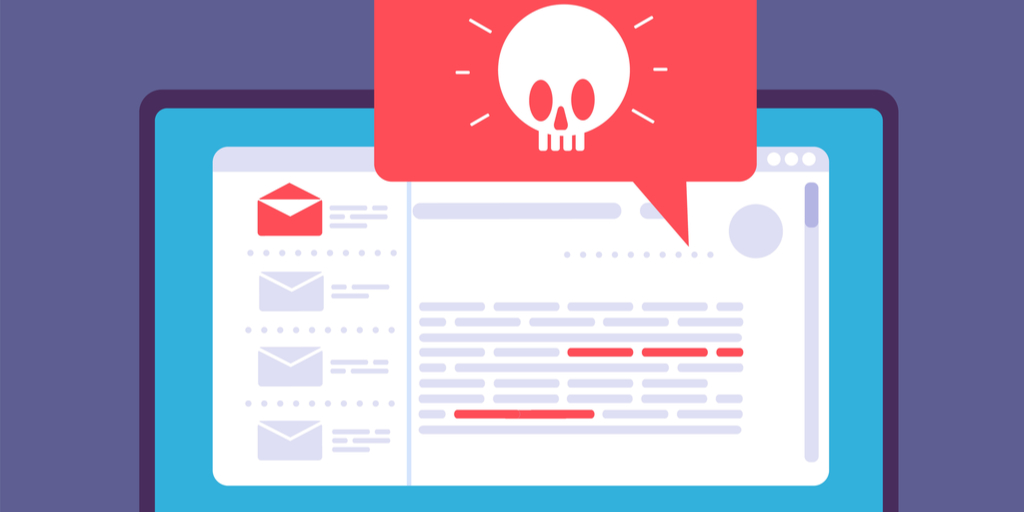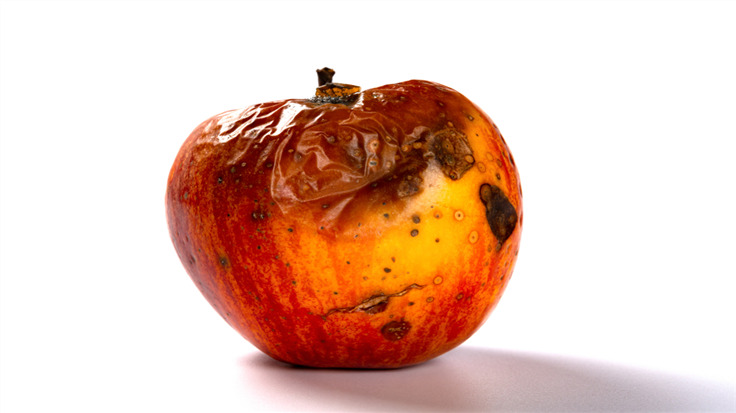If you’ve ever downloaded software onto your computer, chances are you’ve unknowingly cluttered your machine with PUPs. Here’s what you need…
Tag: PUPs
Watch out for fake WhatsApp “New Incoming Voicemessage” emails
Thanks to the Threat Intelligenceteam for their help with this article. Security researchers from Armorblox, a cybersecurity company specializing in email-based…
How to speed up your computer or laptop
Why do machines always throw a tantrum when you are in a hurry? It’s called Murphy’s Law which some people may know…
Extortion, precision malware, and ruthless scams. Read the State of Malware 2021 report
Last year, threat actors took advantage of the COVID-19 public health crisis in a way previously considered unimaginable, not only preying…
Apple security hampers detection of unwanted programs
Anyone who uses Malwarebytes software is probably familiar with the fact that, in addition to things like malware and adware, Malwarebytes…
Mac adware is more sophisticated and dangerous than traditional Mac malware
As the data revealed in our State of Malware report showed, Mac threats are on the rise, but they are not…
Billion-dollar search engine industry attracts vultures, shady advertisers, and cybercriminals
Search engines make money by showing users sponsored advertisements—a lot of money. This attracts attention, competition, and plenty who want a…
Mac threat detections on the rise in 2019
Conventional wisdom has been that, although not invulnerable to cyberthreats (as some old Apple ads would have you believe), Macs are…
A week in security (June 10 – 16)
Last week on Malwarebytes Labs, we revealed to readers the mindset of security pros as to why they lack confidence in…
Adware and PUPs families add push notifications as an attack vector
Some existing families of potentially unwanted programs and adware have added browser push notifications to their weapons arsenal. Offering themselves up…









